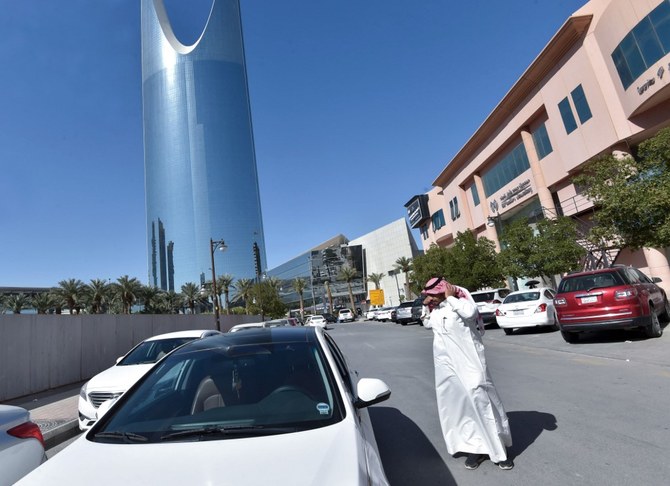JEDDAH: Mining, critical minerals, aerospace, and manufacturing took center stage as Saudi Minister of Industry and Mineral Resources Bandar Alkhorayef concluded a three-day visit to France aimed at enhancing bilateral cooperation and securing strategic investments.
Alkhorayef met with senior French officials and executives from leading companies such as Airbus, Safran, and Orano Mining to explore opportunities for collaboration, particularly in the areas of critical minerals, which are vital for clean energy, and advanced aerospace manufacturing, the Saudi Press Agency reported.
The discussions also aimed to strengthen ties in the broader industrial and manufacturing sectors, central to the Kingdom’s push for technological localization.
The visit, which began on May 5, underscores Saudi Arabia’s ongoing efforts to diversify its economy and align its industrial strategy with the ambitious goals of Vision 2030.
In a statement posted on X, Alkhorayef said: “I concluded my official visit to the French Republic, during which I held constructive meetings with leaders in the public and private sectors, aimed at enhancing industrial and mining cooperation, and discussing opportunities for technology transfer and attracting qualitative investments to localize several strategic industries in the Kingdom, in order to achieve the goals of Vision 2030.”
A key focus of the visit was on securing a stable supply of critical minerals, such as lithium and cobalt, essential for Saudi Arabia's green energy initiatives and the growing electric vehicle sector.
Alkhorayef met with France’s Interministerial Delegate for Strategic Minerals and Metals Supplies, Benjamin Gallezot, to discuss ways of ensuring global supply chain resilience and promoting sustainability within the mining sector.
“We also emphasized the importance of international partnerships in enhancing the sustainability of the global mining sector,” the minister added.
The visit included a tour of Airbus Helicopters’ Marignane facility and meetings with Airbus CEO Guillaume Faury where Alkhorayef explored advanced aircraft manufacturing technologies.
The minister also mentioned discussing mutual opportunities with the CEO “to exchange expertise and transfer knowledge and technology, which will enhance the localization of the aviation industry in the Kingdom.”
Alkhorayef met with leaders from Orano Mining, Bel Group, Sidel, and Safran to explore joint investment opportunities across multiple industries, including food production, satellite technologies, and high-tech manufacturing.
The focus was on leveraging Saudi Arabia’s favorable investment climate, which includes substantial capital support and long-term growth enablers, to attract foreign direct investment.
Alkhorayef’s visit also included discussions with Airbus executives in Toulouse, where the minister noted the rapid growth of Saudi Arabia’s aviation sector. He stated that Saudi Arabia’s aviation sector is witnessing rapid growth with the expansion of national airline fleets and supporting infrastructure. The Kingdom’s National Aviation Strategy aims to increase passenger traffic to 330 million annually and air cargo to 2.5 million tonnes by 2030.
As part of its industrial expansion, Saudi Arabia launched a SR10 billion ($2.67 billion) incentive program designed to attract investments in sectors including aerospace. The program offers up to 35 percent coverage for eligible capital expenditures, with a cap of SR50 million per project.
The Kingdom also unveiled its first aviation-focused industrial hub, covering 1.2 million sq. meters and offering direct access to seaports, airports, and railways to support global collaboration.
On the first day of his visit, Alkhorayef also participated in the “Industrial Day” event at Airbus Helicopters’ headquarters, where he emphasized the Kingdom’s strategy to localize technologies, enhance international partnerships, and leverage Saudi Arabia’s mineral resources to establish itself as a global industrial hub.
The visit concluded with the signing of a memorandum of understanding between Sidel and Saudi Arabia’s National Industrial Development Center. The MoU aims to establish a regional service hub, training center, and human capital development initiative in Saudi Arabia, further advancing the Kingdom’s industrial goals.






















